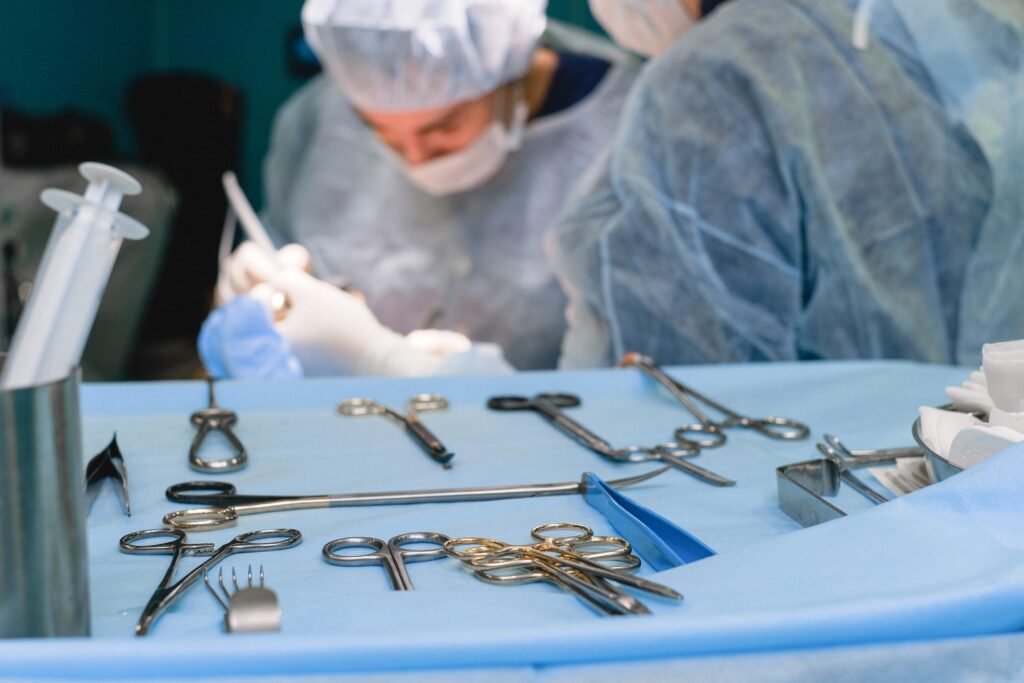
The National Institute for Health and Care Excellence (NICE) has released new guidelines regarding aortic valve reconstruction with glutaraldehyde-treated autologous pericardium for aortic valve disease. Published in August 2023, the guidelines recommend that the procedure should be used only in research until further evidence is obtained.
The procedure has shown promising short-term and medium-term results, with survival rates of around 90% after ten years and only a small proportion of patients needing a second operation within five years. However, NICE highlights the need for long-term evidence, particularly the durability of the valve, as mechanical valve alternatives can last for over 25 years.
The lack of long-term evidence is particularly relevant for younger patients who are expected to live for several more decades with the condition. NICE also emphasises the need to understand how the procedure works and its safety in different demographic groups with aortic valve disease.
Aortic valve disease is a progressive condition that increases cardiac workload, leading to left ventricular hypertrophy and heart failure. The conventional treatment for a significantly diseased aortic valve is surgical replacement with an artificial prosthesis or transcatheter aortic valve implantation (TAVI) with a biological prosthesis.
The aortic valve reconstruction procedure using glutaraldehyde-treated autologous pericardium provides an alternative to mechanical or biological valves, particularly for younger patients. However, NICE notes that this is a complex procedure and should only be performed by cardiac surgeons with special training and experience.
The committee has recommended that details of all patients undergoing the procedure should be recorded in a registry to aid future research and improve understanding of the procedure’s effectiveness and safety.